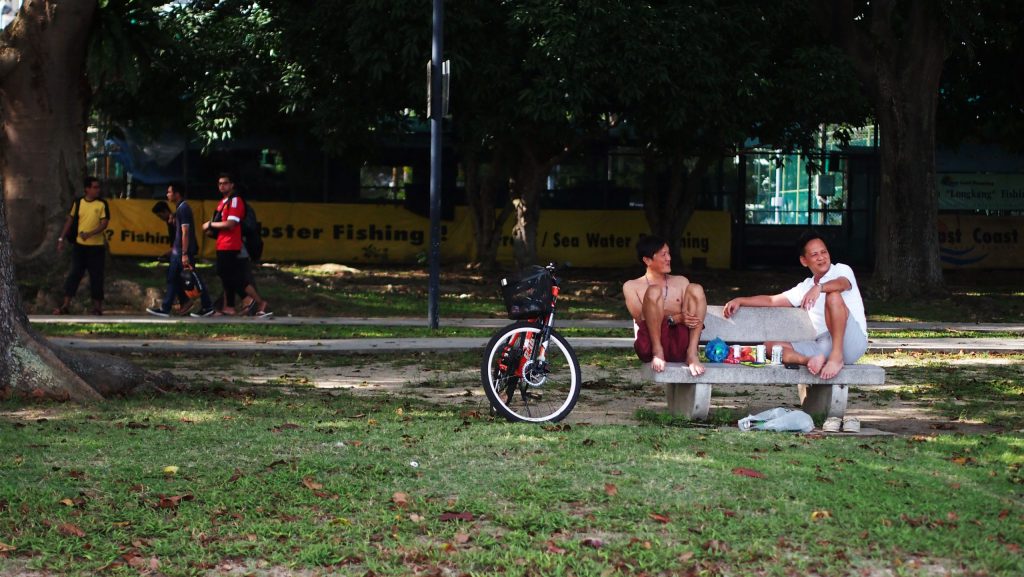Gratitude and Adaptive Coping Among Chinese Singaporeans During the Beginning of the COVID-19 Pandemic
July 12, 2021

Finance Minister Lawrence Wong recently announced that groups of five could be allowed to dine-in at eateries in Singapore from July 12th, 2021. This is a relaxation of current restrictions which only allow two people to dine-in at a time. The multi-ministry taskforce has managed restrictions in response to the changes in the number of community cases observed in Singapore. Singaporeans can expect to dine-in within groups of five max from the 12th only if there are no new clusters or super-spreader events.
In ‘Gratitude and Adaptive Coping Among Chinese Singaporeans During the Beginning of the COVID-19 Pandemic’ (Frontiers in Psychiatry, 2021), Associate Professor Eddie Tong (NUS Psychology) investigated the relationship between feelings of gratitude and adaptive responses to the pandemic among Chinese Singaporeans and found that gratitude was associated with stronger acceptance of virus-prevention measures and better adaptive responses to the pandemic.
Gratitude can bring about benefits to an individual’s emotional and mental well-being such as developing empathetic behaviours among individuals and reducing the likelihood of maladaptive tendencies. In the short-term, gratitude makes individuals more sensitive to the needs of others, increasing their inclination to render help to those in need. In the long-term, these habits promote a mindset that is receptive to new ideas and directed towards supporting the community. Gratitude develops healthy coping and adjustment behaviours. Positive emotions such as gratitude were discovered to improve coping and adjustment behaviours among Vietnam war veterans and Israeli combat survivors.
However, A/P Tong points out that little research has been done to understand whether positive emotions can function similarly during the COVID-19 pandemic to improve well-being. He argues that feelings of gratitude can improve adaptative behaviour among Chinese Singaporeans and demonstrates this relationship in the study.
To investigate the effect of gratitude on adaptive behaviour during the pandemic, A/P Tong conducted an extensive survey amongst 471 Chinese Singaporeans. Participants were asked to assess their emotions, resilience, and optimism about the COVID-19 pandemic. At the same time, they were also asked to evaluate their propensity to observe safety measures and social distancing restrictions. The results of the study were consistent with A/P Tong’s initial hypothesis that gratitude and led to adaptive behaviour during the pandemic.
Interestingly, participants reported gratitude most strongly amongst seven different emotions measured, which ranged from positive to negative and included pride, care, joy, sadness, anger, and anxiety. In fact, A/P Tong argued that gratitude increased an individual’s inclination towards helping the community which in turn increased the likelihood of individuals observing social distancing restrictions. This suggests that gratitude could be a way to both protect individuals against the virus and develop healthy coping mechanisms among Singapore’s Chinese community. A/P Tong further posited that the findings could inform how Singaporean policymakers frame public announcements to encourage the community to observe social distancing restrictions and persevere during the pandemic.
Read the article here!
